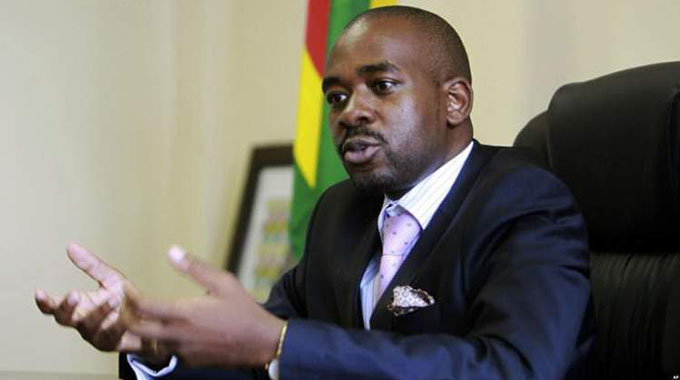Sadc states urged to include women in energy sector

Nomvelo Siziba, Victoria Falls Reporter
SOUTHERN African countries should come up with gender inclusive energy development programmes to enhance women’s capacity to participate in leadership and technical positions in the energy sector, an official said.
Speaking at the ongoing Regional Energy Regulators’ Association of Southern Africa (RERA) annual conference and general meeting here, Southern Africa Energy Programme (SAEP) gender specialist, Mrs Edith Wanjohi, said women were facing challenges in accessing electricity and this limits economic growth. As such, she said it was vital for Sadc institutions to check improvement on gender equality in the energy sector.
“Women face unique challenges that hinder their access to energy services and have negative impacts on the economy, which is why it’s important for Sadc institutions to track progress on gender equality,” said Mrs Wanjohi.
She also said that women lack technical training and background, which makes women to be at a disadvantage from jobs within the energy sector.
“Often women are not included and are not consulted in energy planning,” said Mrs Wanjohi.
“Lack of technical training and background disadvantages women from jobs within the energy sector, resulting in under-representation in policy-making and regulatory process,” she said.
Mrs Wanjoni said women were the primary beneficiaries of household energy and therefore should get access to energy programmes.
“Women are the people who use more energy at their households but energy access programmes and off-grid solutions are not tailored to suit them,” she said.
The gender advisor said it is important that Sadc institutions focus on gender inclusivity not only to expand energy access but also to improve economic benefits.
“Women’s access to electricity benefits everyone as it will reduce poverty and empower women,” she said.
Mrs Wanjoni said if women get access to electricity, it saves time wasted on bio-fuel collection, which is usually the responsibility of women and children. – @nomvelosiziba












Comments